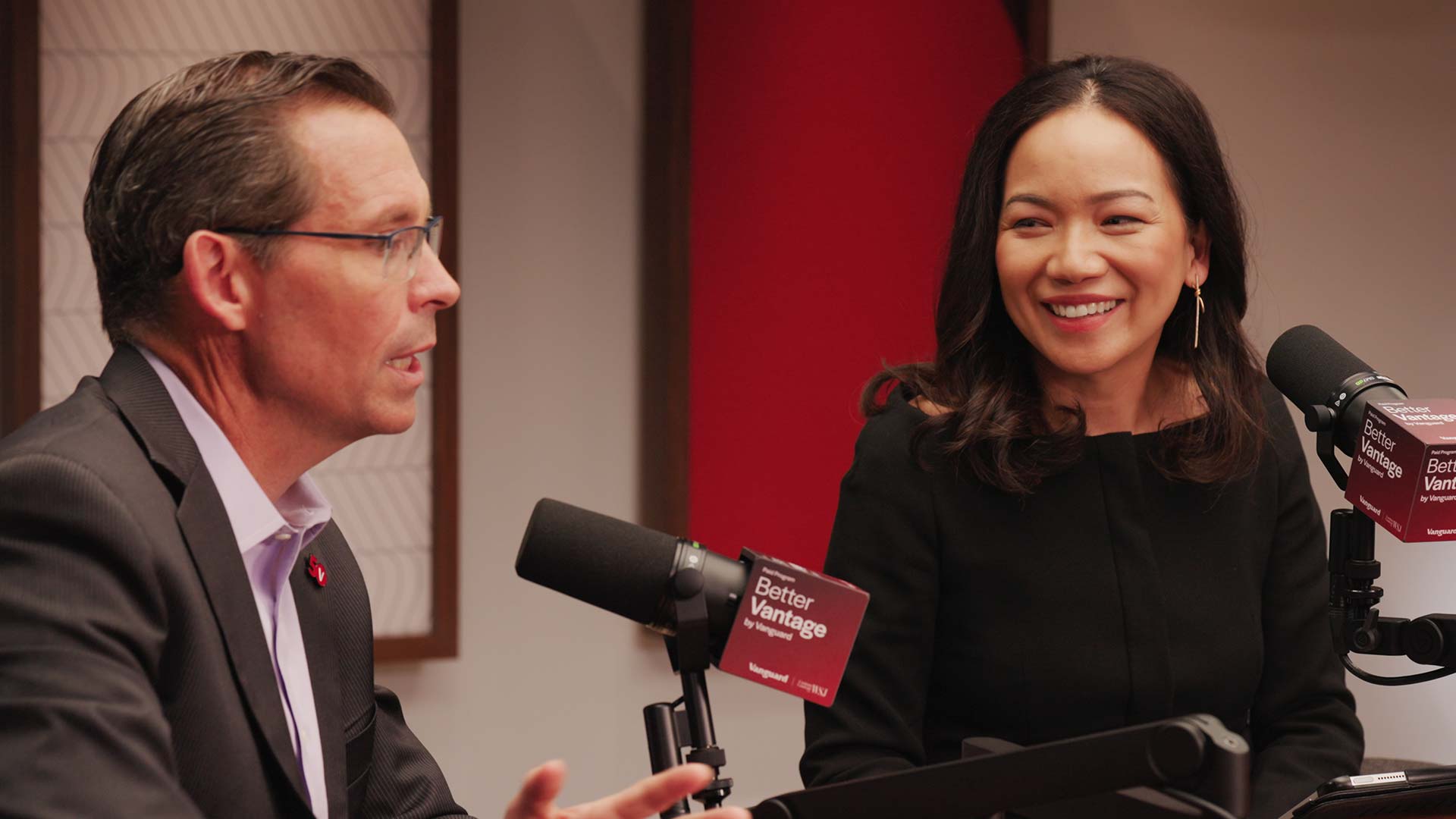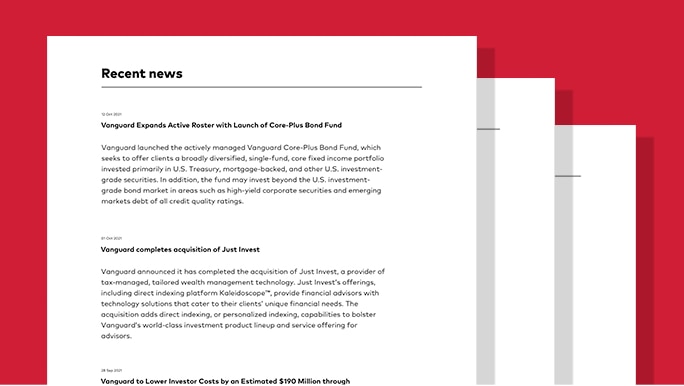
It’s personal: Our advice for investors and plan sponsors
Perspectives and news

Economics and markets
Private credit’s third act: Reconnecting with banks
Our economic outlook examines the evolving private credit and commodities markets and what the future might hold.
Our full library of perspectives
Jon Couture on culture and leadership in the age of AI
Jon Couture joins The Modern People Leader podcast to discuss culture, leadership, and change.
An optimistic but measured outlook for private equity
Over the coming decade, we expect high-quality private equity funds to outperform public equity portfolios.
Sara Devereux on the future of fixed income
Learn what's ahead for fixed income from Morningstar's podcast interview with Sara Devereux.
Subscribe to Vanguard
Get Vanguard news, insights, and timely analysis on the market, delivered straight to your inbox.

Markets and economics

How to invest your next dollar
Explore how AI investment, earnings trends, and valuation shifts are reshaping global markets and portfolio decisions.
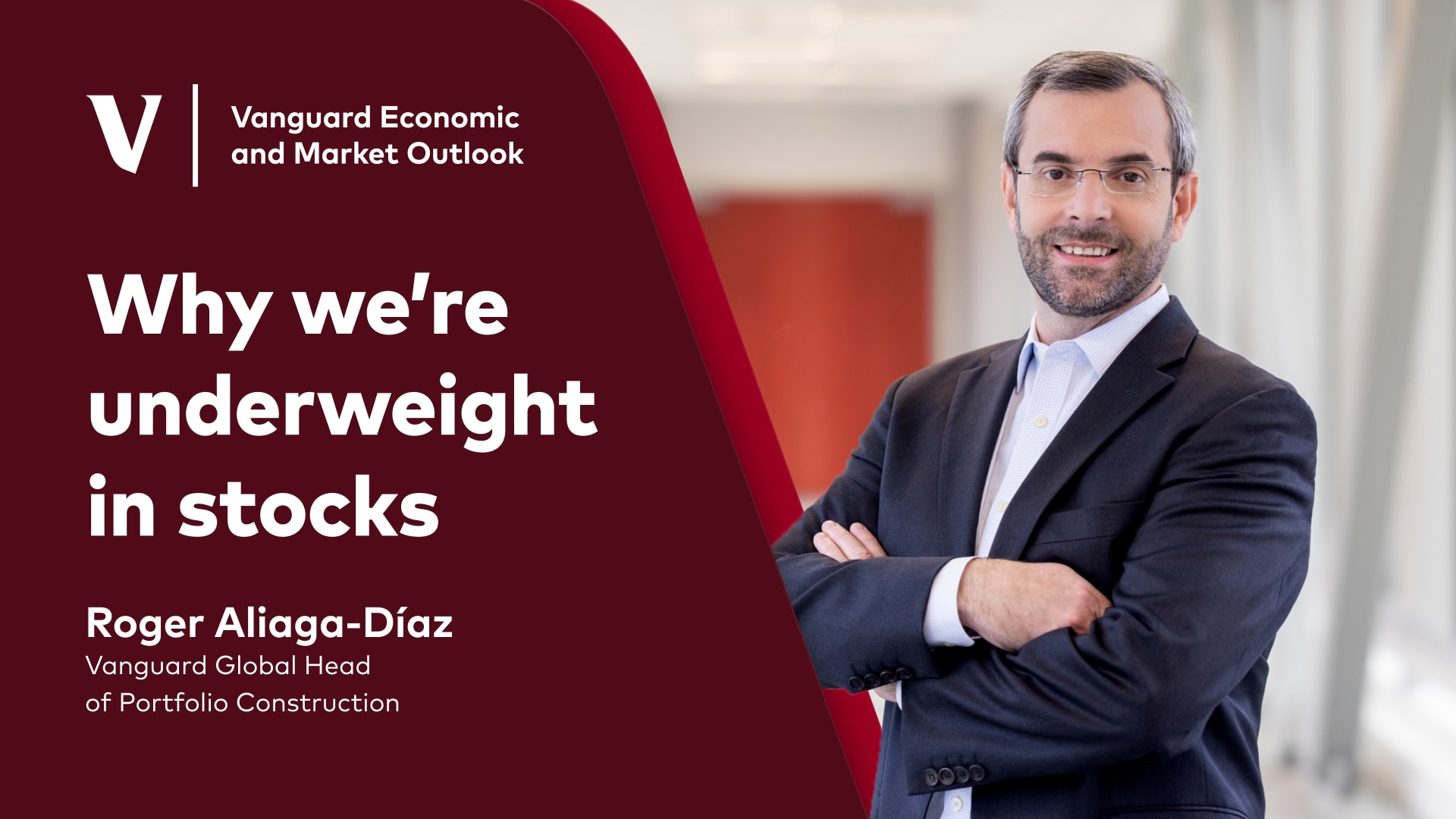
Why we're underweight in stocks
Investors may not be adequately rewarded for equity risk. Learn more about our model portfolio in this short video.
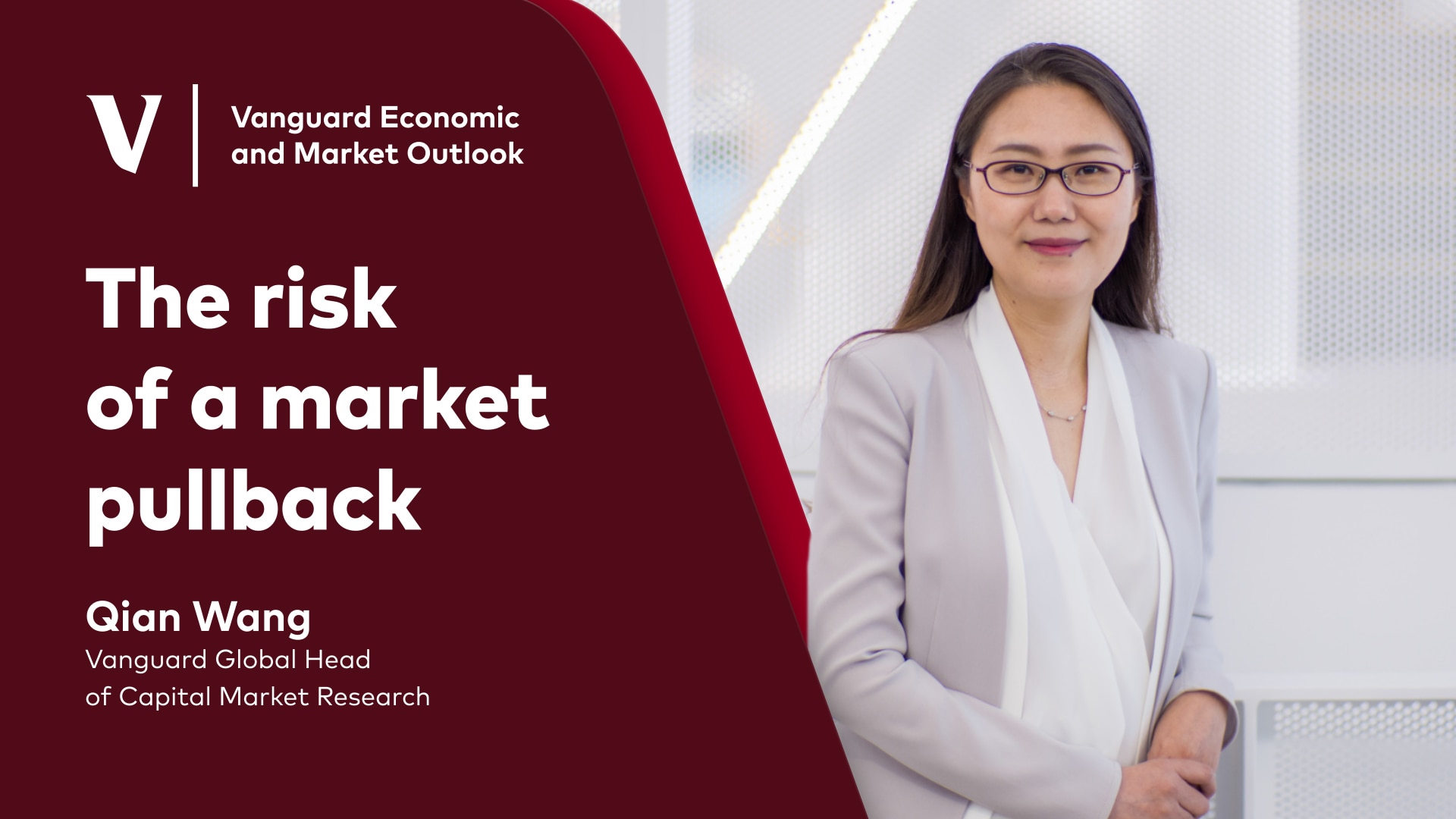
High stock valuations and a case for bonds
In this short video, see why valuations matter and which assets look attractive in their long-term outlooks.
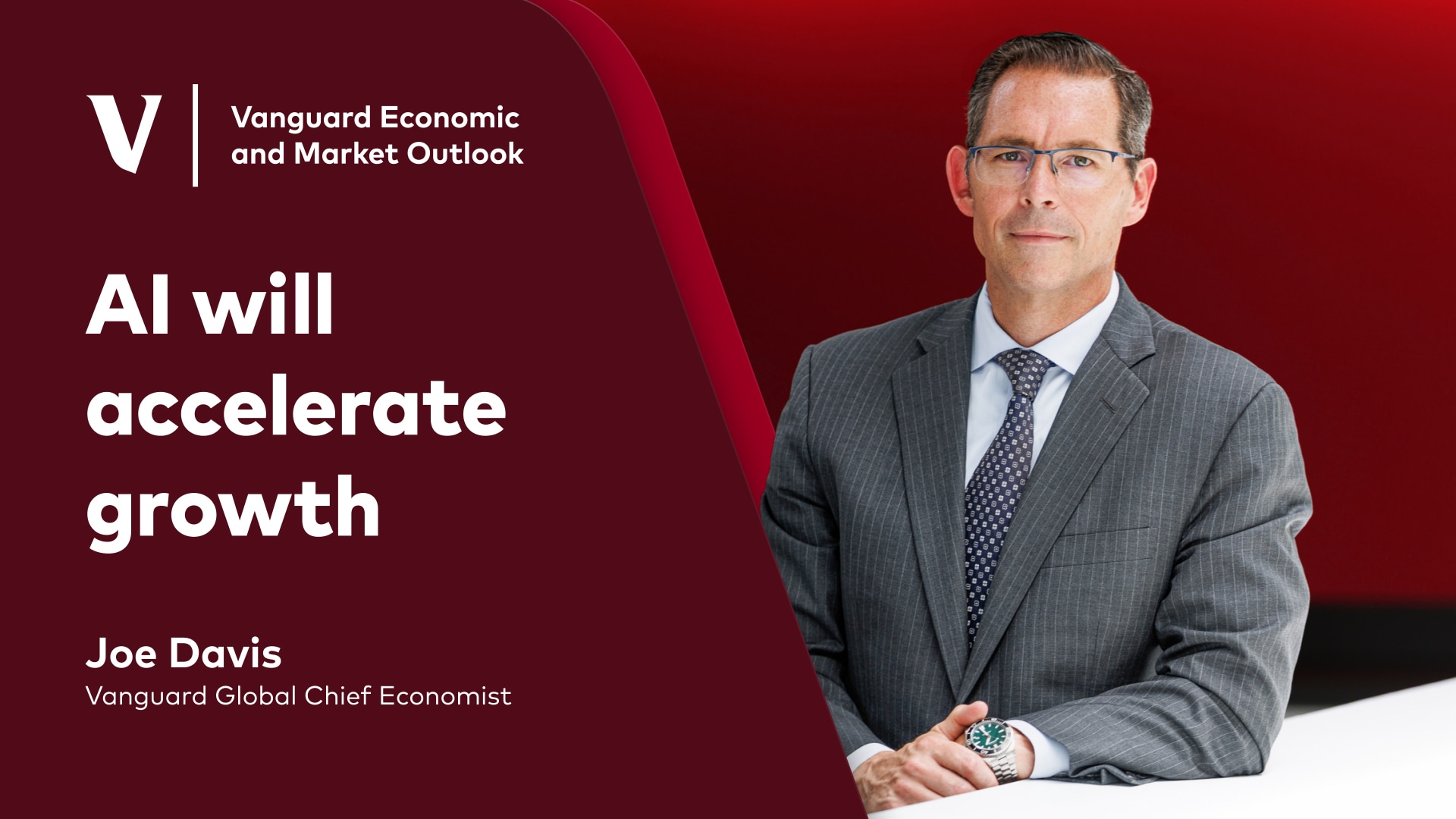
AI's economic growth effects
AI investment may boost growth and shift market leadership. See what it means for portfolios in this short video.





